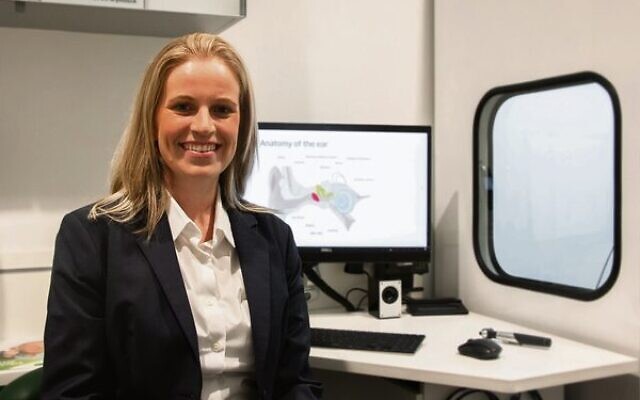(Don’t) hear something? Say something
Feeling misheard? Ignored? Frustrated at having to repeat yourself? You're not alone.
It’s widely accepted that healthy relationships depend on communication – but a large number of Australians’ relationships are burdened by communication issues. And though we may think of it as an emotional problem, the cause may be a physical one: hearing loss.
According to a new study – released in time for Hearing Awareness Week – nearly two thirds of adults experiencing communication issues in their relationships, are having those difficulties due to hearing loss.
The figure comes from a survey by YouGov, which surveyed over 1000 Aussies over 18 this year.
The study was commissioned by Specsavers.
Among key findings: nearly one in three adults thinks their partner has hearing loss. And 92 per cent of partners had difficulties communicating with people who had hearing loss.
Are you close to someone who has hearing loss?
Specsavers senior audiologist Kathryn Launchbury said there are signs you can look for in others. Simple ones include:
- asking for the TV or music volume to be turned up
- asking for people to repeat themselves
- lip reading
- leaning over the table to hear someone
A more subtle sign is if you notice them refraining from engaging in conversations – especially in a busy environment, or other places where they know they can’t hear.
Hearing loss can have wide-ranging effects. As the survey found, its consequences are not just felt by the individual. It takes a toll on their relationships. As Launchbury said, “Hearing loss can take a toll in a relationship, especially if left untreated so it’s important to get hearing regularly checked so you’re not missing out on conversations with your loved ones.”
Indeed, 70 per cent of respondents said they would feel frustrated if their partner did nothing about their hearing after the concern was raised with them.
Launchbury admitted it can be a “sensitive topic”, but it can be worth it to “encourage them to seek help so they can better their own quality of life”.
Hearing loss “can be isolating and frustrating so just be supportive and help them find a solution that will work for them.”
And if they acknowledge it, what can they do?
Said Launchbury, “It’s helpful if a loved one encourages and supports them to seek out an audiology professional.
“The sooner they can do this the sooner the communication issues are likely to resolve.”
Book a free 15-minute hearing check with a local audiology professional at Specsavers by visiting specsavers.com.au/hearing
Promotional feature


comments